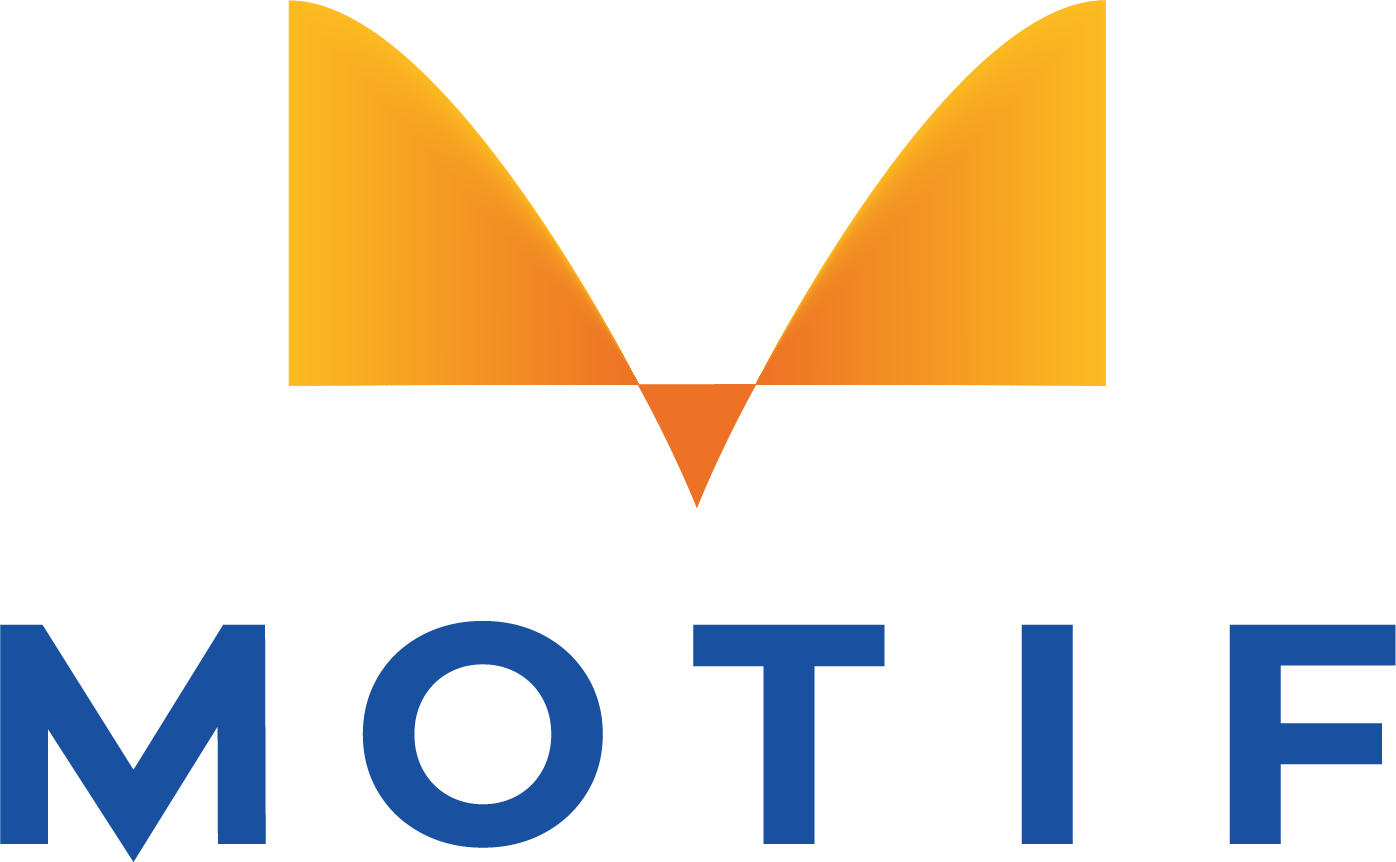WELLBEING WHILST INDOORS
Over the past few weeks, many people have found themselves thrown into an unimaginable reality. A world where the bedroom, lounge, or kitchen table has turned into a makeshift office. Where the morning commute has become the travel from one room to another. Daily routines have diminished, and even though it is tempting to not change out of your pyjamas, because who will know or care, mental health professionals and charities have advised against this. Being confined within four walls, not counting the few essential times in which you can step foot into the outdoor world, can ultimately take a toll. Now, more than ever, is a time to look after yourself both mentally and physically.
MENTAL HEALTH
Mental Health and wellbeing apps have been on the rise since global mental health awareness has grown. People are publicly sharing their thoughts on this topic with #mentalhealth having 16.4 million posts on Instagram. Phone applications like Calm and Headspace have risen in the charts, with Calm claiming number 1 spot. This unsurprising considering the current circumstances. A once routine task of nipping to the shop to buy some eggs, milk, and bread has now become an anxiety inducing experience. Calm focuses on the power of breathing and meditation to relieve the user’s stress, with the hopes of making these breathing exercises part of daily life. The app features categories such as daily calms, mediations, sleep stories, and mental fitness.
Before the pandemic, individuals who were already struggling with mental health might have been the population seeking out these apps, whereas now the need for wellbeing and mental health support is more essential and widespread than ever before. Routine has been a huge buzzword in the media, a sort of fix for everything in the struggle of being productive working from home. Another app here to help is Fabulous. Fabulous takes users on a ‘journey’ with each small task like drinking a glass of water first thing when you wake up, a step closer to maintaining a morning routine and proving a sense of productivity. The app begins with a customization quiz to understand the user’s needs and current habits. This provides a sense of customer closeness by treating the user as an individual and customises the product to suit their needs. With many people searching for tips and tricks to build a routine and stay mentally healthy at home, apps like these can provide a welcome support.
FITTNESS DURING LOCKDOWN
However, it’s not just deep breathing and meditation that are good practice for easing anxiety and depression, many people also use exercise to keep themselves mentally and physically fit. With gyms being included in the government enforced business closures, many gyms have turned to technology to help keep their members fit and focused during this period. Barry’s, a workout studio with locations worldwide, best known for their Barry’s Bootcamp exercise class has found itself, like many other businesses, having to close their doors. From the mandated closure on the 23rd of March 2020 to April 1st Barry’s quickly turned around their business focus to maintain their customer closeness throughout these hard times by listening and understanding what their members are struggling with. As a result, on April 1st Barry's UK announced on social media their new program, Barry Cares. The program includes free Instagram live workouts, phone calls to those who are battling loneliness from members of their staff who are mental health first aid certified, entertainment for the kids in the form of virtual dance classes, as well as offering meal ideas using what you have in the fridge at the moment. Barry’s has worked hard to maintain closeness with their loyal customers and possibly gaining new followers along the way, by exceeding the expectations of their members, this could motivate them to share with their friends, and boost acquisition.
It's not just Barry’s who is showing their customers that they care. Many gym and exercise studios are following suit, for example, Pure Gym have frozen fees for their members until doors reopen, and Peloton have adapted their business model to offer classes without the previously required Peloton equipment. Measures such as these provide members with a welcome sense of relief during tough financial times and shows that companies values their members as individuals, and understands what they’re going through.
The challenge for wellness brands when the pandemic is over is how they can continue to innovate and maintain the emotional connections they’ve built with existing and new customers alike.
By Allison Haack


